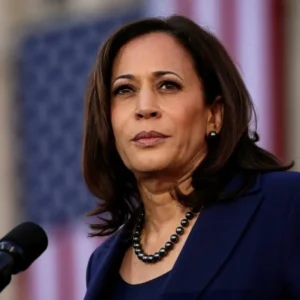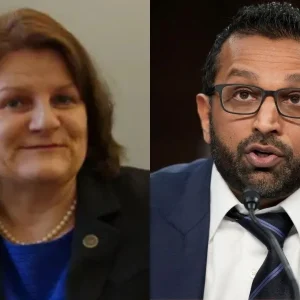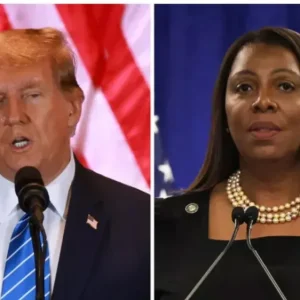In the increasingly polarized landscape of American politics, the prospect of launching new investigations into former officials continues to stir deep emotions and partisan debate. The question of whether to support Kash Patel initiating an investigation into James Comey is emblematic of this dynamic. To assess this issue thoroughly, one must consider the historical context, legal implications, and broader impact such an investigation could have on public trust in democratic institutions.
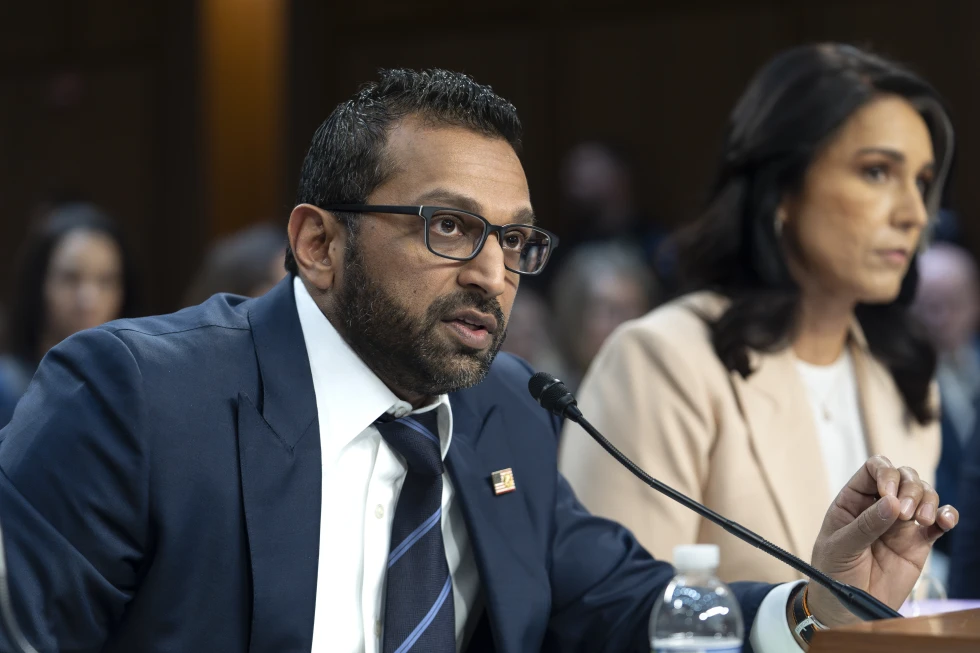
Kash Patel, a former top aide to Congressman Devin Nunes and a prominent figure during the Trump administration, has gained notoriety for his aggressive stance on intelligence oversight and his central role in challenging the origins of the Russia investigation. Patel has repeatedly accused former FBI Director James Comey and others in the intelligence community of politicizing the nation’s most powerful law enforcement agencies. His supporters view him as a fearless advocate for government accountability, while critics argue he is engaging in partisan retribution.
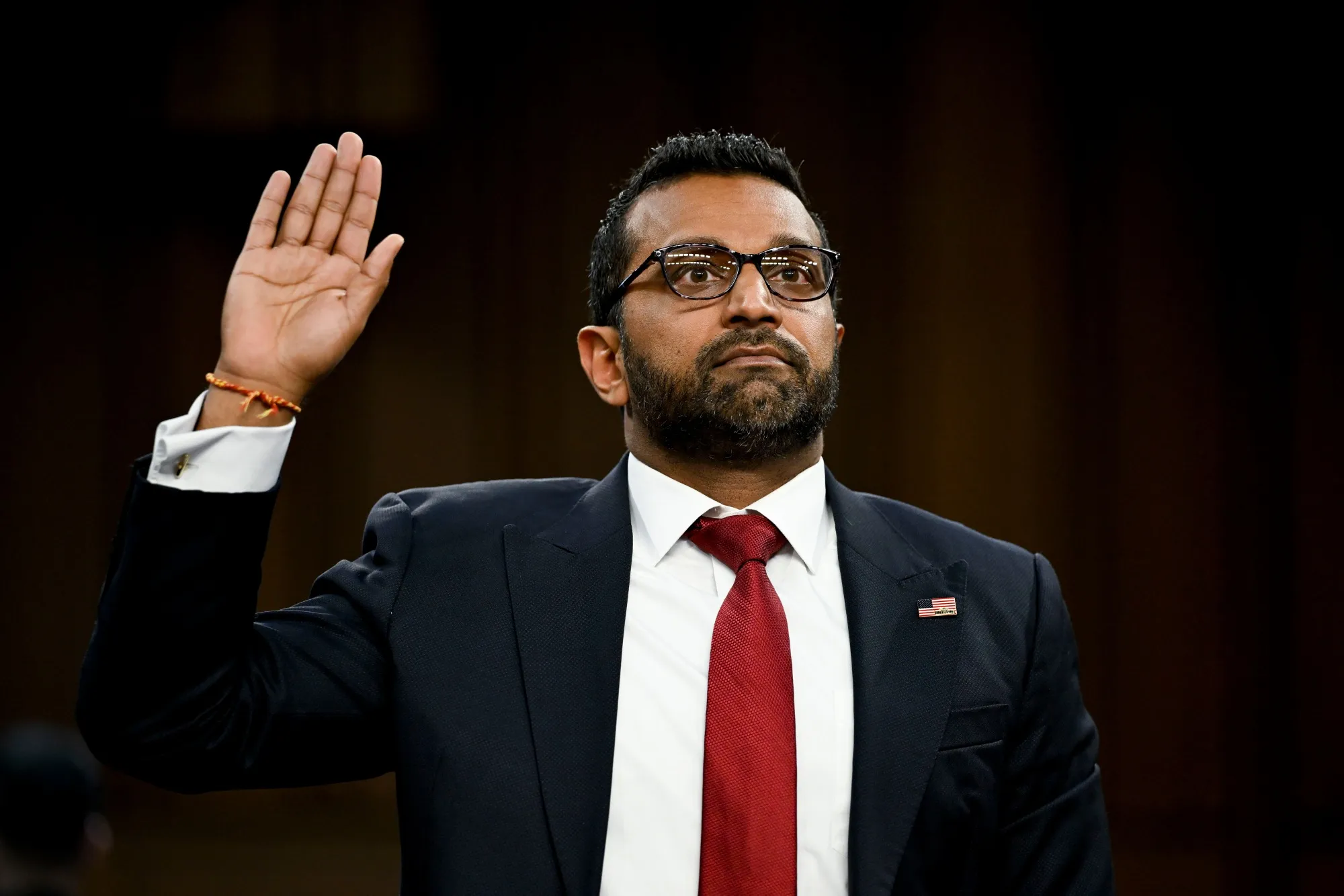
James Comey, on the other hand, is a central figure in recent political history. As FBI Director, Comey oversaw the agency’s investigation into Hillary Clinton’s use of a private email server and later launched the inquiry into possible connections between the Trump campaign and Russian interference in the 2016 election. His decisions—particularly the reopening of the Clinton investigation days before the election and his later testimony regarding President Trump—have been praised and condemned from both sides of the aisle. Comey’s dismissal by Trump in 2017 led to the appointment of Special Counsel Robert Mueller, whose findings continued to fuel intense debate over the integrity of the 2016 election and the actions of those involved.
Given this backdrop, the notion of Kash Patel launching an investigation into Comey raises several key questions: Is there sufficient new evidence to justify a formal probe? Would the investigation be an impartial pursuit of justice or a politically motivated act? And what would be the implications for the country if such a high-profile inquiry were pursued?
Supporters of the investigation argue that there are lingering questions about the conduct of senior FBI officials during the 2016 and 2017 period. They point to the Justice Department Inspector General’s report, which found significant errors and omissions in the FISA warrant applications used to surveil Trump campaign aide Carter Page. While Comey himself was criticized in the report, the Inspector General did not find evidence of political bias influencing the overall decisions of the FBI. Nonetheless, critics maintain that Comey’s leadership allowed a culture of partisanship and recklessness to fester within the bureau, warranting further scrutiny.
Proponents also argue that an investigation led by Patel, who is intimately familiar with the facts surrounding the surveillance controversies and the origins of the Russia investigation, could unearth additional evidence of misconduct. They see such a probe as essential not just for accountability, but for restoring faith in institutions that must remain above reproach.
However, critics of the proposed investigation caution against what they perceive as a dangerous precedent. They argue that targeting former officials based on political disagreements undermines democratic norms and could lead to cycles of retribution that erode public confidence in impartial justice. Moreover, many contend that Patel, having been deeply involved in partisan efforts to discredit the Russia investigation, lacks the objectivity required to lead such an inquiry. His past statements and actions suggest to them that the investigation might be more about vindicating former President Trump than about pursuing justice.
Further complicating matters is the fact that James Comey has already been subject to multiple reviews and inquiries. The Mueller report, the DOJ Inspector General’s investigations, and various congressional hearings have scrutinized his actions extensively. While Comey’s judgment has been questioned, particularly regarding the Clinton email case and FISA procedures, no formal criminal wrongdoing has been established. Launching yet another investigation could be seen by many as an effort to keep political narratives alive rather than a legitimate pursuit of justice.
Ultimately, whether one supports or opposes such an investigation may depend less on the facts and more on one’s political alignment. For those who believe the FBI was weaponized against Donald Trump, a new investigation feels justified—even overdue. For those who view these claims as exaggerated or baseless, the idea of investigating Comey yet again seems like a distraction from more pressing national issues.
The broader question remains: how do we hold powerful officials accountable without descending into political vengeance? Investigations are an essential tool in a democracy, but their legitimacy depends on fairness, transparency, and the appearance of impartiality. If the public perceives investigations as tools for settling political scores, trust in the justice system deteriorates.
In the end, any investigation into James Comey must be conducted with the highest standards of legal scrutiny and nonpartisan oversight. Whether led by Kash Patel or any other figure, the process must demonstrate a clear basis in evidence, not ideology. Only then can such an inquiry contribute meaningfully to the public good rather than deepen existing divisions.


